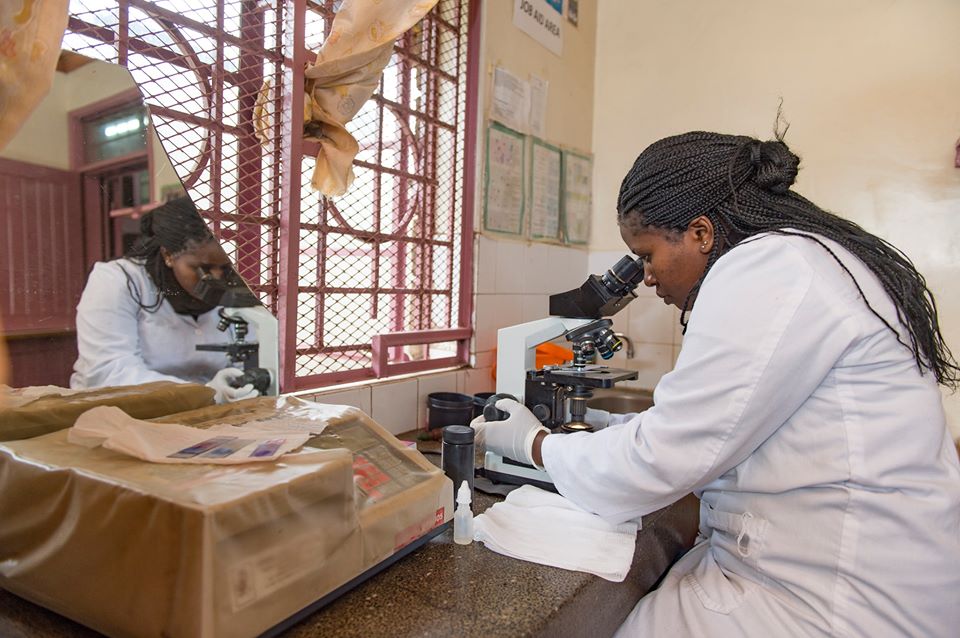[Patent Diversity\Innovation]
Rep. Nydia Velázquez: “Applying for and obtaining a patent allows small firms to gain access to capital, find licensing deals, and level the playing field with larger competitors—all of which are vital to creating jobs and fostering economic growth.”
Photo: Facebook
This week, the House Small Business Committee under Chairwoman Nydia Velázquez (D-NY) held a hearing examining the issue of patent diversity and how a lack of diversity in the innovation process is hindering the economy and small business.
Studies show that women and minorities apply and obtain patents at a rate significantly lower than their white male counterparts, effectively locking many groups out of the innovation ecosystem.
“Applying for and obtaining a patent allows small firms to gain access to capital, find licensing deals, and level the playing field with larger competitors—all of which are vital to creating jobs and fostering economic growth,” said Chairwoman Velázquez. “However, women, minorities, and low-income individuals from urban and rural America are significantly underrepresented in the innovation ecosystem. We need to work to create meaningful policies that foster more opportunities for all Americans to innovate, seek patent protection for their inventions, and reap the benefits of entrepreneurship.”
Historically, the United States has been a global leader when it comes to innovation and entrepreneurship. However, in recent years, studies have shown the U.S. slipping in its place amongst the most innovative nations. In 2018, the U.S. dropped to number six among the most innovative countries. Census data shows that the number of new companies as a share of U.S. businesses has dropped by 44% since 1978. Experts speculate that this drop in innovation can be partly attributed to the exclusionary nature of the innovation economy. Certain studies project that GDP per capita in the U.S. could rise to 4.6 percent with the inclusion of more women and minorities in the innovation process.
The hearing gave academics and small business innovators the chance to testify on the challenges that women and minorities often face when trying to obtain a patent. The witnesses cited difficulties like lack of access to capital, a lack of diversity in the tech field, and a shortage of women and minorities in the STEM field as barriers to achieving patent equity. The hearing comes on the heels of Chairwoman Velázquez introducing H.R. 4075 -the IDEA act, which would direct the United States Patent and Trade Office to collect voluntary demographic data during the patent process that would provide insight into who is applying for and obtaining patents. This increase in reporting requirements would yield valuable data that could make future efforts to address the patent gap faced by women and minorities more effective.
The number of women obtaining patents has improved, albeit slowly, over the past 40 years, said Andrea Ippolito, Program Director of W.E. Cornell, in Ithaca, NY. “The share of patents with at least one female inventor has increased from five percent in 1976 to 21 percent in 2016. However, it is important to note that the rate of increase in that trend has slowed since 1998, and that there has not been a comparable increase in patents granted to female-only teams.”
“It is clear that disparities extend from who applies to who is ultimately awarded a patent,” said Rashawn Ray, David M. Rubenstein Fellow The Brookings Institution. “Collecting demographic data can help fill these important gaps, create more understanding and equity in the process, and better streamline resources for trainings and funding so all Americans can assist the United States in continuing to be a major world innovator for new products that can help drive the economy and create jobs.”
“It is crucial that minority inventors participate in the patenting and commercialization process because a patent will give minority inventors an incentive to further innovate,” said Janeya Griffin, Managing Member and Principal Consultant The Commercializer, LLC in Lancaster, CA. “They will eventually receive some revenue on account of the commercialization of their invention and, at the same time, enable disclosure of the patented invention so that others can build on the technology. This approach benefits minority inventors by allowing them the right to efficiently, exclude others from using the intellectual property and the incentive to generate innovations that will in turn represent added value to society.”
“Gathering information about patent applicant demographics will drive better policy that ultimately helps more women, people of color, moderate and low-income communities, and other traditionally disadvantaged groups obtain patents for their inventions,” said Chairwoman Velázquez. “Closing the patent gap will also drive economic growth and advance America’s global lead in innovation. I look forward to working with my colleagues in Congress to advance policies that foster an inclusive innovation ecosystem.”






